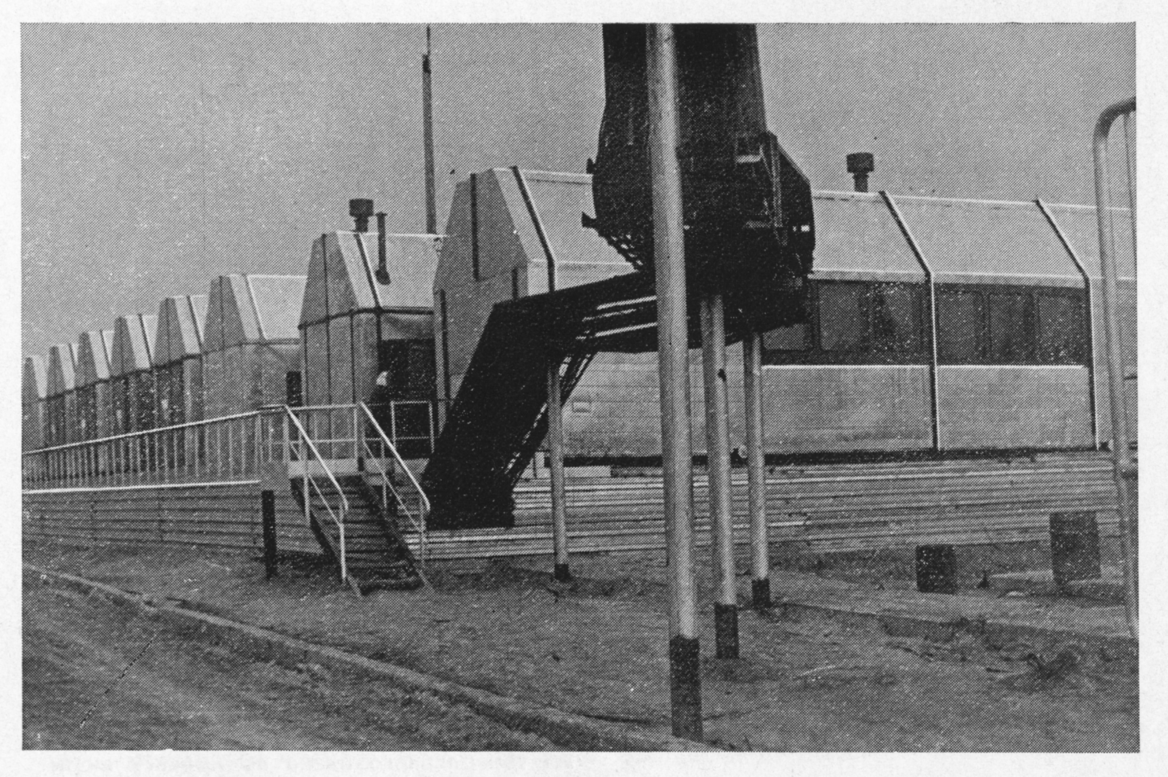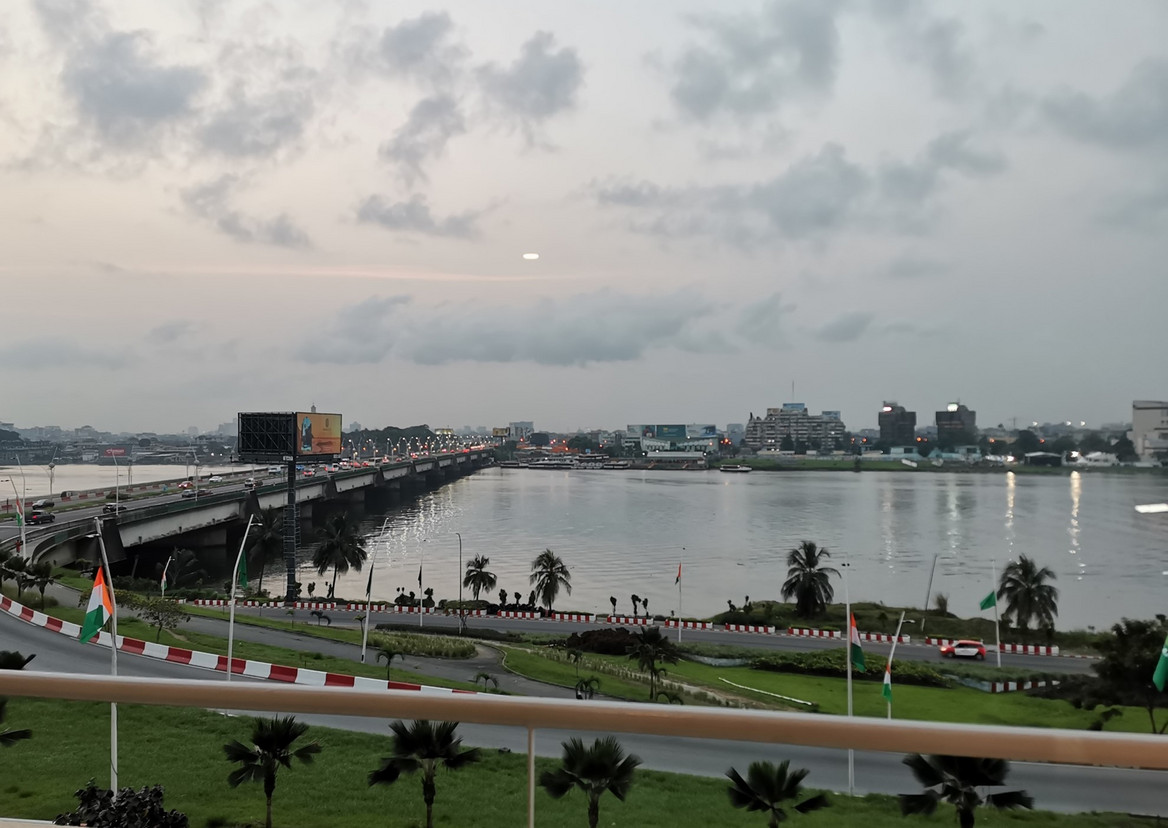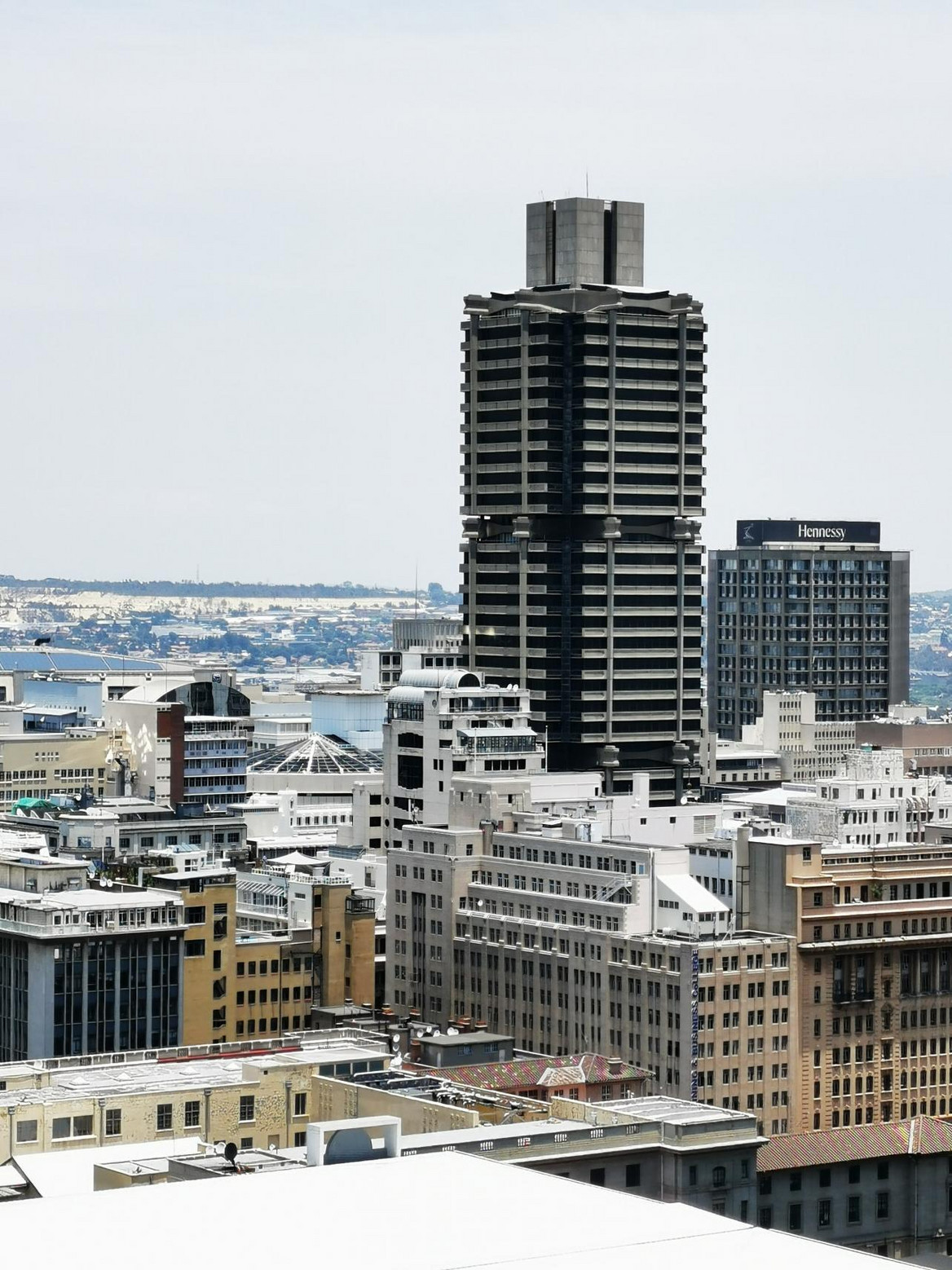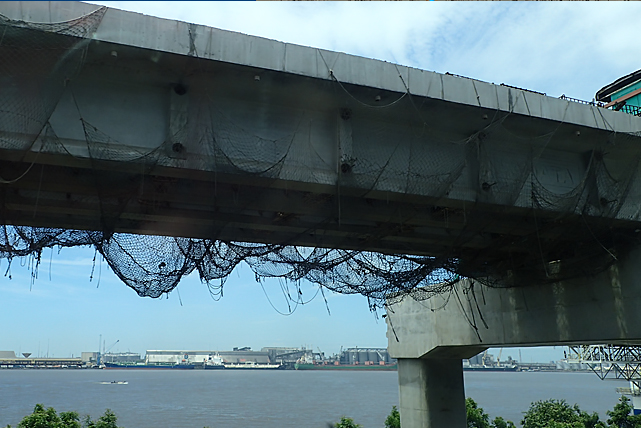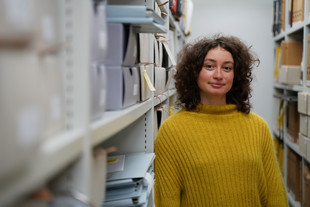Main Content
Histories of the Built Environment
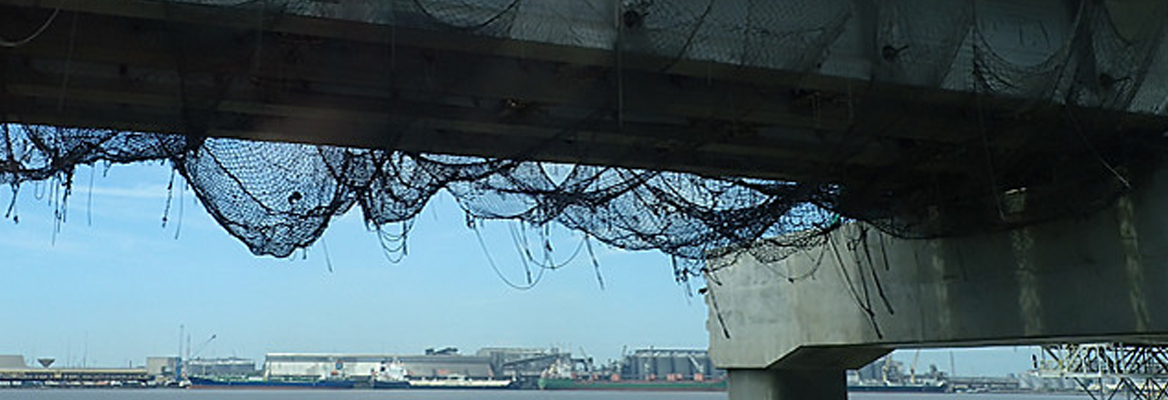
Histories of the Built Environment
The Research Group stems from from the Volkswagen Foundation-funded Freigeist project "Conquering (with) Concrete. German Construction Companies as Global Players in Local Contexts" (2020 to 2024). It examines histories of the built environment in the 19th and 20th century in a global perspective. It includes the production of building materials, the construction of buildings as well as the appropriation, maintenance, conversion and decay of buildings and ensembles in its analyses. Spatially, the focus is on places in the “Global South”. These are examined with a view to their position in regional and transnational exchange relationships, for example in the circulation of building and architectural knowledge as well as in value chains of the construction industry. The interdisciplinary research group works at the intersection of architectural and urban history, economic geography and social anthropology. It aims to take up methods of the digital humanities (e.g. deep mapping, network analysis), question established disciplinary patterns of interpretation and critically engage with the practice of archiving. To this end, the research group collaborates the scientific collections of the IRS.


